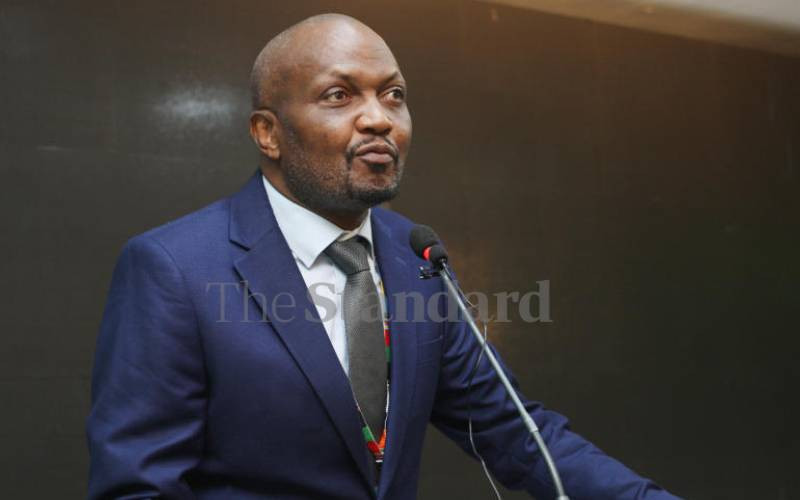×
The Standard e-Paper
Smart Minds Choose Us

Few can dispute the contribution Kenyan media houses have made towards nation-building in the past 60 years.
Through informing, educating, prompting and provoking the general public and successive governments, they courageously and at great risk have played a significant role in the entrenchment of democratic values.